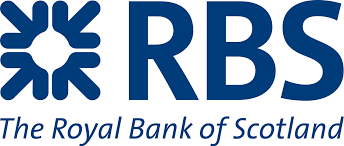RBS posts losses after £900m hit from PPI
 Royal Bank of Scotland (RBS) has posted a loss in the third quarter after being hit by £900 million in charges for payment protection insurance.
Royal Bank of Scotland (RBS) has posted a loss in the third quarter after being hit by £900 million in charges for payment protection insurance.
The bank also said that its investment bank had a “particularly challenging” three months.
For Q3 2019, RBS reported an operating loss of £8m and an attributable loss of £315m, this figure includes a PPI charge of £900m taken in the quarter.
Last month, RBS stated that it would be setting aside between £600m and £900m in the July to September period to handle the rise in claims for the mis-selling of PPI.
In comparison, for the first nine months of 2019, RBS reported an operating profit before tax of £2.7 billion and an attributable profit of £1.7bn.
The bank’s Common Equity Tier One capital ratio is 15.7% at Q3 2019, compared to 16.0% at Q2, which includes a 50bps deduction as a result of the PPI charge.
Conduct and litigation costs are £750m for Q3, with a total of £810m for the year to date.
This includes the £900m PPI provision and a reimbursement of $200m under indemnification agreements relating to RMBS.
Costs are down by £20m in Q3 and £193m in the year to date and are on track to meet the £300m target for the year.
Katie Murray, chief financial officer, said: “These results demonstrate our solid underlying performance in a tough operating environment. The core retail and commercial bank continues to perform well, and we are making good progress against our targets for the year.
“We have seen strong growth across the business and our sustained high levels of capital and liquidity mean we are well-positioned to support our customers in these uncertain times.”
John Moore, senior investment manager at Brewin Dolphin, added: “The last set of results for RBS were a watershed moment for the bank, confirming it is on the road to redemption. Whilst this remains the case, today’s statement highlights the legacy issues that the bank, and many of its peers, still face – in particular, PPI claims have pushed RBS back to a loss.
“This will likely be temporary, but analysts will be more focused on the competitive pressures that led to the compression of RBS’s net interest rate margin. Away from the core retail bank operations, it was an especially tough quarter at NatWest Markets – where income dropped by nearly half.
“Despite these bumps on the road, RBS is a very different bank to what it once was and continues to make good progress on a path to recovery.”










